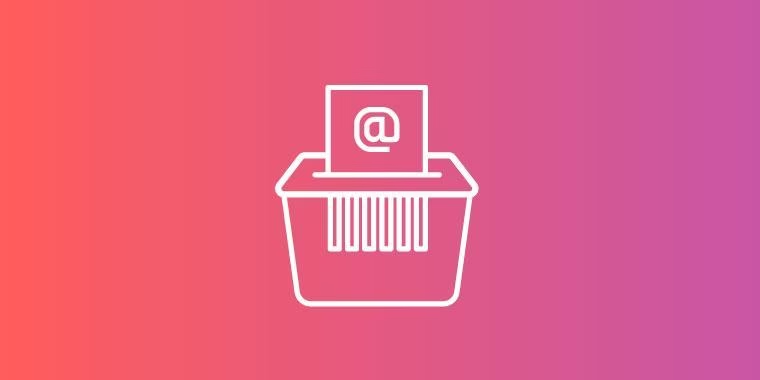Most people already wish for a second inbox. It is the one they would use when a site demands an email for a download, a coupon, or a one-off verification. JustEmail.work turns that wish into a simple workflow: pick a temporary alias, receive the message, and move on. There is no sign-up, little friction, anonymous email and far less spam drifting into a primary address.
What problem does it solve?
Email addresses leak. They are shared, sold, and scraped. The result is a long tail of promotional traffic that becomes difficult to reverse. Disposable mailboxes mitigate this by inserting a buffer between a user’s identity and services that only need transient contact. The primary identity stays private, while the user still receives the code or link they came for.
How JustEmail works in practice
On JustEmail, a visitor chooses or invents an alias and reads incoming messages directly in the browser. No account creation. No password to remember. The mailbox activates as soon as the page loads. The experience prioritizes speed over configuration, which suits short, discrete tasks.
For developers and power users, the site also signals an integration path through documentation and an API request page. Teams can wire temporary inboxes into test flows or QA pipelines, making it easier to validate sign-ups, password resets, and transactional templates without maintaining throwaway domains.
Strengths at a glance
- Frustration-free onboarding. No registration means an inbox exists as fast as the alias is typed. Cognitive load stays low, which is ideal for quick jobs.
- Anonymity by default. Because aliases are not bound to personal identity, routine sign-ups or downloads stop polluting a real mailbox. While not perfect anonymity, it meaningfully reduces exposure.
- Developer-friendly posture. Programmatic access supports automated tests and CI checks that need real delivery without real addresses.
A crucial caveat: public inboxes
JustEmail provides free, public disposable inboxes under its domain. Anyone who knows or guesses an alias could load it and see incoming messages. This design is common across the category. It also means users should avoid sensitive content and treat the service as a convenience for low-risk tasks.
Good use cases
- Downloading a white paper without committing a primary email
- Receiving a one-time discount code
- Trial sign-ups to evaluate a tool before deciding on a permanent account
- Testing registration, password-reset, or notification flows in QA
When not to use it
- Anything involving contracts, invoices, banking, medical data, or private correspondence
- Situations that require a stable audit trail tied to legal identity
- Any workflow that demands confidential or non-public storage
How it sits in the broader landscape
Disposable email is a mature category with many incumbents and alias-based privacy tools. JustEmail’s niche is minimalism and immediacy. There is effectively no learning curve, and the service leans into the most common job to be done: receive one message, then disappear. Users who require persistent, private aliases that forward to a real inbox or paid, non-public storage may prefer alternative models. For fast, anonymous, zero-setup mailboxes, JustEmail remains purpose-built.
Getting started thoughtfully
- Create a unique alias that is hard to guess and use it once.
- Avoid sensitive messages. Assume the mailbox can be observed by others.
- For application testing, consider the API path to make automated checks clean and repeatable.
For the everyday tangle of “enter your email” prompts, JustEmail offers a practical anonymous buffer that reduces spam and protects primary identities with minimal friction. Its value lies in speed and disposability. Used with sound judgment about what should not pass through a public inbox, it can help users reclaim time and attention that might otherwise be lost to unwanted email.



